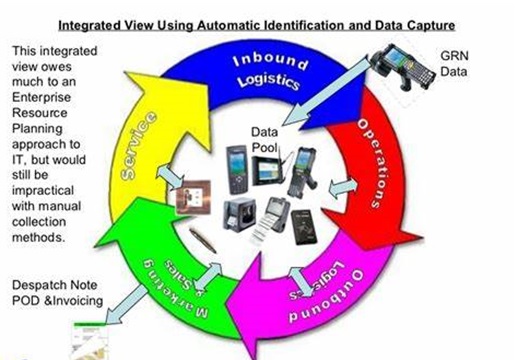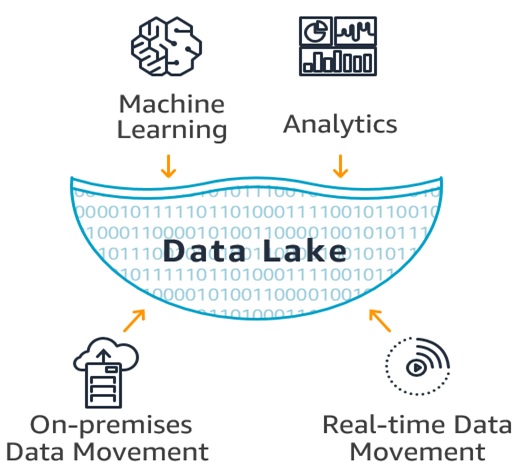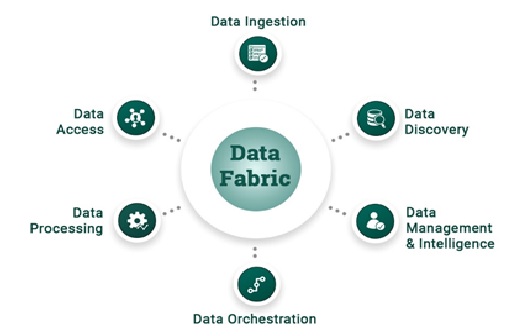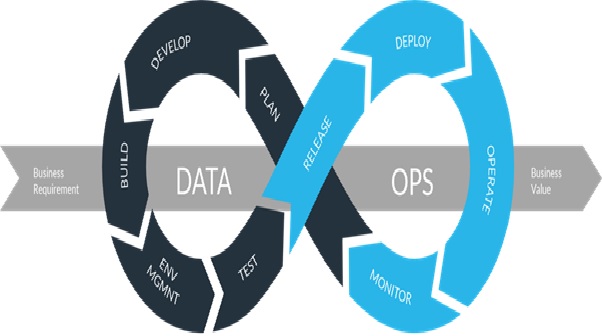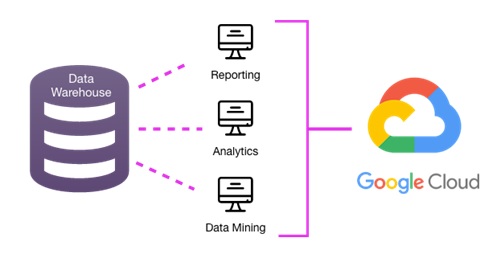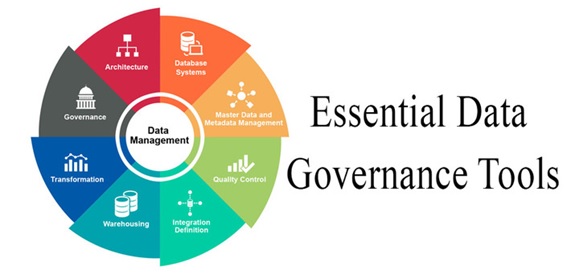Data Quality Management (DQM)
Data is the driving force of every organization in the modern world. As organizations continue to collect more and more data, the need to manage the quality of the data becomes more prominent each day. Data Quality Management can be defined as a set of practices undertaken by a data manager or a data organization to maintain high quality information. These set of practices are undertaken throughout the process of handling data; from acquiring it, implementation, distribution, and analysis.
This article outlines what DQM entails, its importance, and the metrics used to assess data quality measures.[1]
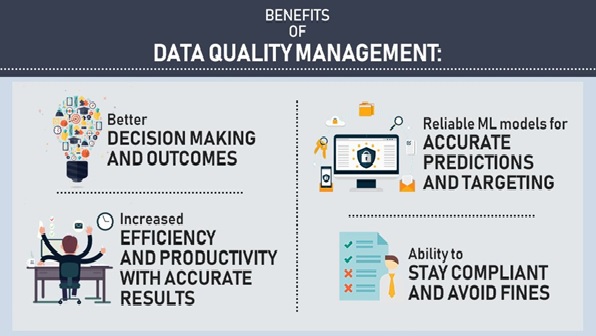
Figure 1. The Data Quality Management (DQM)
Figure 1 shows DQM is the management of company data in a manner aware of quality. It is a sub-function of data management and analyzes, improves and assures the quality of data in the company. DQM includes all activities, procedures and systems to achieve the data quality required by the business strategy. Among other things, DQM transfers approaches for the management of quality for physical goods to immaterial goods like data. [3]
The benefits of data quality:
1. Better decision making
Good quality data not only leads to more accurate and realistic decision making but also boosts your confidence as you make the decisions. It takes away the need to guesstimate and saves you the unnecessary costs of trials and errors.
2. Better Targeting
As part of the value chain proposition, it’s critical you know who your prospects are – something that you can only manage analyzing and understanding data. Using high-quality data from your current customer base, you can create user personas and anticipate the needs of the new opportunities and target markets.
3. Effective Marketing
There are many forms of digital marketing out there, and each one of them works differently for different products in various niches. One of the benefits of good data quality is, that will help you identify what’s working and what’s not. For example, if you are running a social media campaign and there are no prospects coming from Instagram, but Facebook seems to bring them in in droves, you can either ditch Instagram and switch all your focus to Facebook or review the approach you used on Instagram for a more successful campaign.
4. Better Customer Relations
You cannot succeed in any industry if you have poor customer relations. Most people only want to do business with brands they can trust. Creating that bond with your customers starts with understanding what they want. You can create customer personas using the information you already have in your database to imagine their interests and preferences. Having good quality data also helps you prepare proper marketing content and avoid spamming and message duplication, which can be annoying.
5. Competitive Advantage
Being in possession of good quality data gives you a clearer picture of your industry and its dynamics. Your marketing messages will be more specific, and your projections in market changes will bear more accuracy. It will also be easier for you to anticipate the needs of your customers, which will help you beat your rivals to sales.[2]
References:
- https://www.dqlabs.ai/blog/what-is-data-quality-management/
- https://www.dqlabs.ai/blog/top-5-benefits-of-data-quality/
- https://www.cc-cdq.ch/Data-management-glossary/data-quality-management
Cite this article:
Thanusri swetha J (2021), Anatechmaz, Data Quality Management (DQM), pp. 20




